I've been hiding my head in the sand at the fact that Kayla will be going to middle school next year.
We went to the "Rising 6th Graders" open house night to get a tour of the school so there is no more denying that she is, indeed, a "rising 6th grader".
Then we had a personalized tour set up for us as parents of a child receiving special education services. We met with the school psychologist who brought us to observe a classroom: The "ID-Mild (Intellectual Disability)" classroom.
That's all we observed. We weren't taken to observe any of the other 6th grade classrooms; not the general ed classrooms, resource room, cross-cateogry (cross-cat) resource room, or the Read 180 and Math 180 rooms.
Could we have asked to observe other classrooms? I'm sure we could have, but it was obvious that by only bringing us to observe that particular classroom where they expected Kayla's placement to be.
It seems to be a 'standard operating procedure' that students with intellectual disabilities are educated in self-contained special-education classrooms. Never mind that the Individuals with Disabilities Education Act states that a general education classroom in the neighborhood school should be the first placement considered; it has never seemed to be a consideration discussed in Kayla's IEP meeting. In our experience it seems the standard is to start with the self-contained classroom and work backward letting her have some inclusion time.
The students in this classroom receive all of their academic instruction in the 5 core classes (Reading, Writing, Math, Social Studies, and Science) in this classroom. Unless a student shows more mastery, or a stronger skill in one of those areas ... then they may get to go to another classroom. In other words they can earn their way out of the classroom by their academic performance. The time of day we were observing the classroom they were working on reading. We were told that there was another student out of the classroom at that time because that person is doing so much better in reading, it is their strong subject. I don't remember if this student went to the cross-cat room, a resource room, or the general education room for their reading instruction time, but I think it was cross-cat. Regardless ... can you imagine if all typical students were placed this way? If they had to earn their way in to the classroom by showing proficiency or did well in one subject over the other?
We were told they get plenty of opportunity for inclusion and to be amongst their typically-developing peers. Yet their inclusion time is during two related arts classes, lunch (which we later found out that classrooms really all sit together as a classroom so they would still be with their self-contained class) and courtyard time (20 minutes).
One of the justifications for having these students spend the majority of their day in this one classroom is because their goal is to teach them independence, how to work independently and develop those skills so they can be prepared to transition to high school. Prepare them to be independent in a self-contained classroom so they can be prepared for what exactly in high school? The same type of placement?
The students in this classroom don't even get lockers assigned to them like the rest of the general education students. Why? Well for one because they stay in that classroom, so why bother having a locker to go to when you need to switch out your books for the next class? All their books and folders and backpacks just stay in the classroom.
Also because organizational skills like going to your locker and putting away one book and folder for one class and making sure you have the right book, folder, notebook, papers etc for the next subject is too much for these students. It's too hard and confusing. That's what was explained to us on why they don't have lockers.
Oh! But they DO go out to the hall and mingle and hang around during class changes like everyone else! They just don't go to a locker and they go right back to the same classroom. But consolation prize for having inclusion time in the hallway during classroom changes?
How about teaching them those organizational skills? How about assigning them the lockers that are right outside their classroom door? How about the teacher reminding them to take their English books/folders to their lockers to be put away and take out their Science books? How about color coding their textbook covers to match with a color-coded schedule so they can see that Science is next and highlighted green, so that means take the green-colored textbook out of the locker?
My guess as to what the school team was going to recommend for placement was confirmed when I realized there would not be a general education teacher from the middle school attending the IEP meeting. Why should they bother having a ged ed teacher there when they weren't planning on recommending any time in the general education classroom? The two middle school teachers in attendance were the special education teacher of the classroom we observed and the special education teacher of the cross-cat classroom.
Their recommendation was exactly what we observed: for Kayla to be in the self-contained classroom for all 5 of the core academic classes and the standard inclusion time of related arts, lunch, courtyard.
IDEA also states that students with disabilities should be educated in the general education classroom to the maximum extent appropriate. Of course saying 'maximum extent' leaves what that means up to wide interpretation. There is no clear definition of what maximum time means, because it is an Individualized Education Program and the maximum time is defined at each IEP meeting.
But how is receiving all academic instruction (I am not counting the related arts time, I'm talking specifically about core academic classes) the maximum extent appropriate? It's NO time at all.
Kayla's current placement this year is receiving all of her ELA (English Language Arts) time in the cross-cat resource room. To me that isn't ideal, but she is using the System 44 reading program and for students on an IEP that's where they receive all their ELA instruction. The difference with the cross-cat room is it isn't typically where students with intellectual disabilities receive instruction. It is for students from the gen ed classrooms who have learning/emotional/behavior/educational disabilities to receive direct instruction or extra help. Kayla also goes there for 40 min of math. She is with the gen ed room for the rest of her time with modifications made to the science/social studies curriculum. She is with her ged ed class for 45 min of math but that is another topic.
Kayla met all but one of her IEP goals this year. She is not failing social studies or science (again, disclaimer that she does receive a modified curriculum in those areas). She is making progress. Yet they recommend a more restrictive placement for middle school. They don't even think it's appropriate for her to go to ged ed for social studies/science.
I'm reaching the point where I don't even want to fight anymore. Despite the fact that research has shown, over and over again, that students with disabilities perform better and make better academic gains in math and reading when included in general education classrooms. In Inclusion or Segregation for Children with an Intellectual Impairment: What Does The Research Say? Dr Robert Jackson said "...no review could be found comparing segregation and inclusion that came out in favor of segregation in over forty years of reserach." (The link above is for a pretty lengthly pdf document, but so worth the read for the knowledge and information on all the research that has been done over the years. It is very eye-opening. How could I not want an inclusive educational experience for Kayla?
We could fight that they are proposing a more restrictive placement even though she has made progress and met goals in her current placement. We might even win that battle and maintain the placement she has now.
But what is the point if the attitude isn't there? What is the point if the belief in an inclusive education isn't there? How is it beneficial if not one person truly believes in an inclusive academic setting with appropriate supports and modifications? How can it be successful if no one wants her in a ged ed classroom?
Wednesday, April 29, 2015
Subscribe to:
Post Comments (Atom)




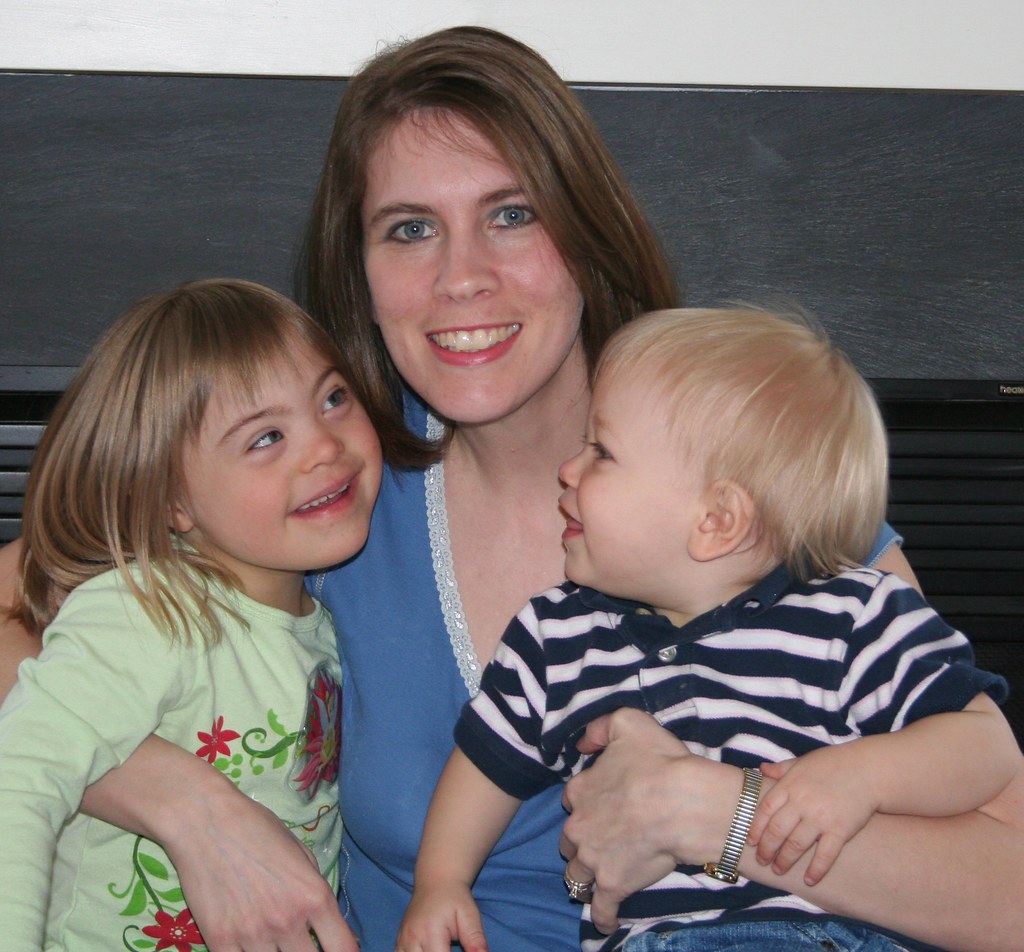


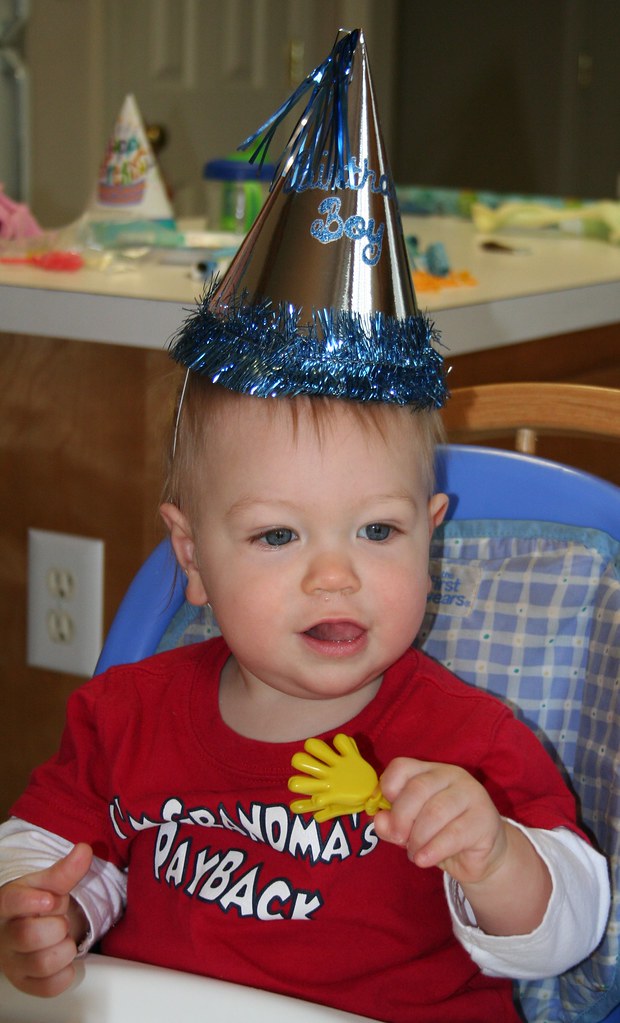
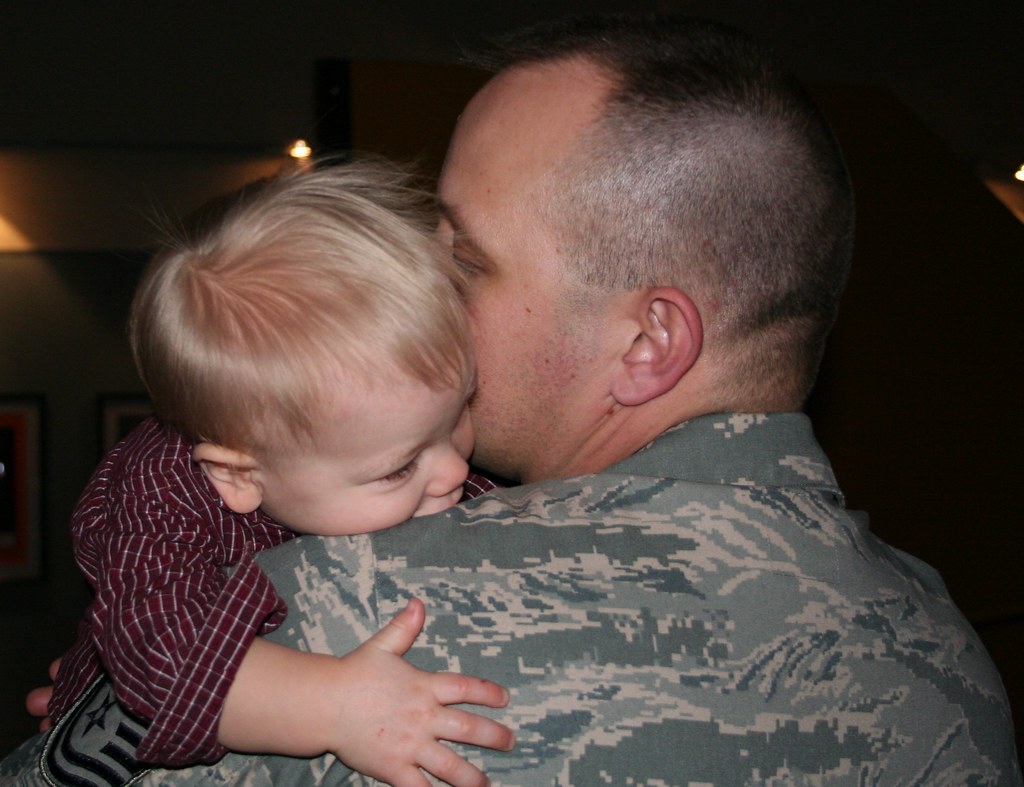
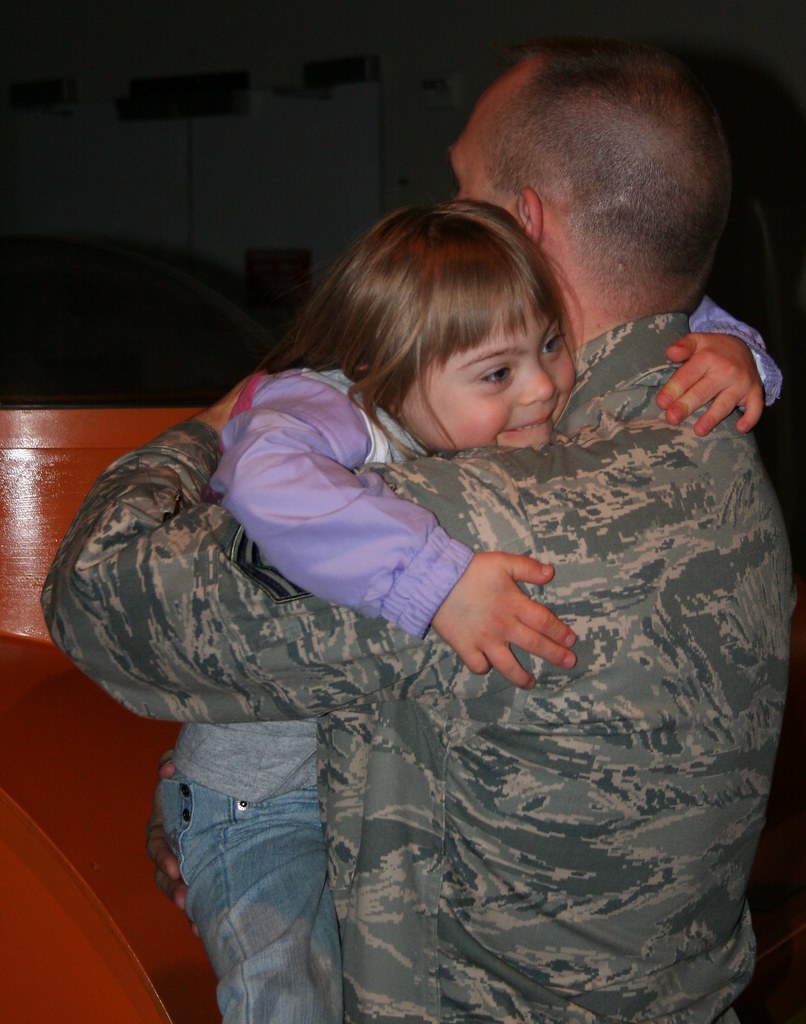
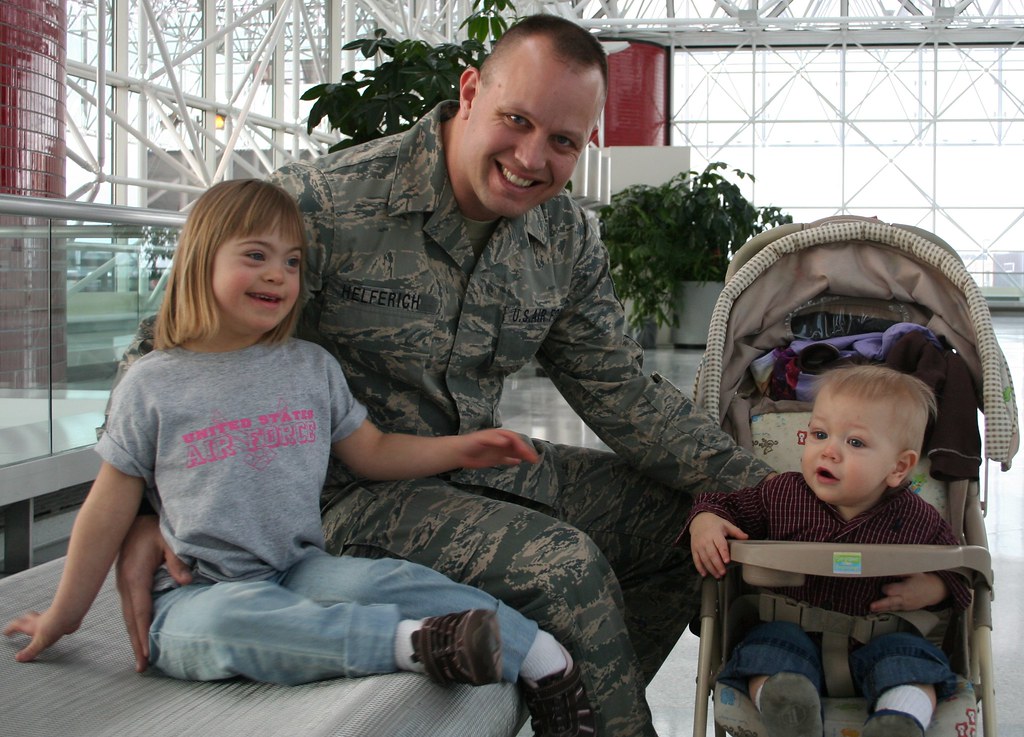


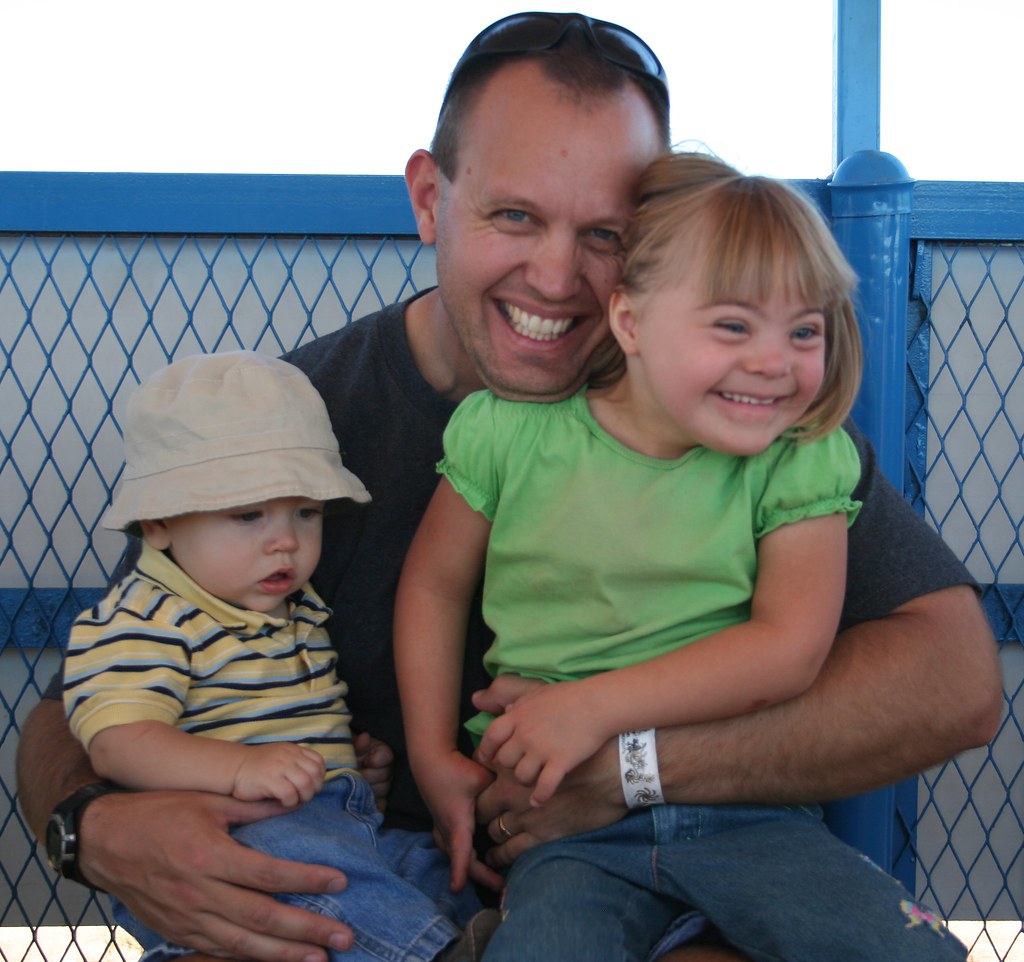
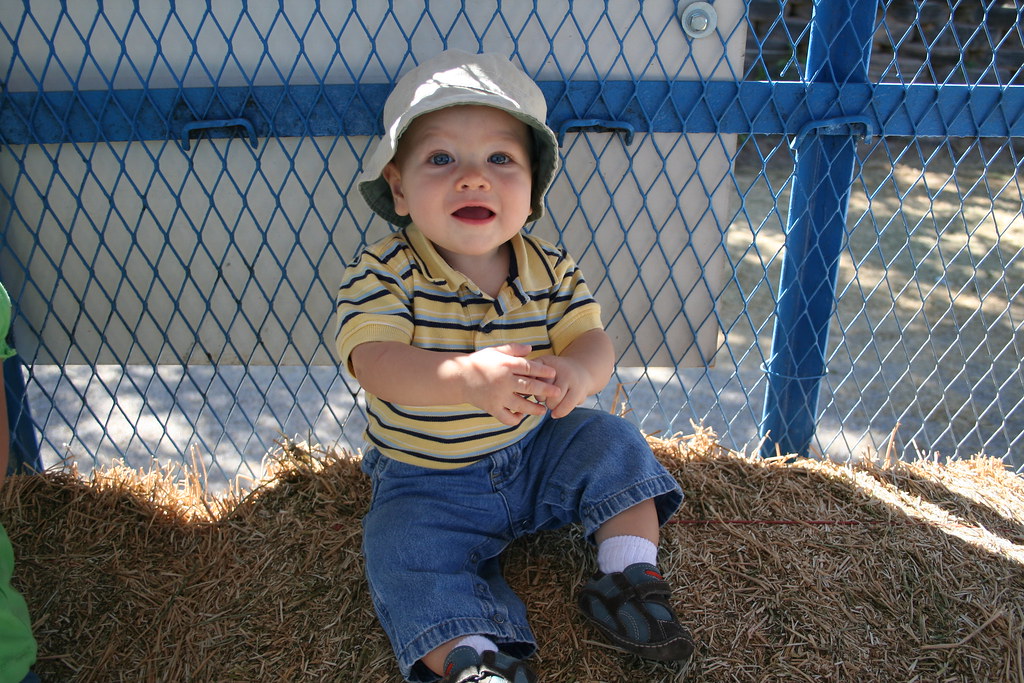






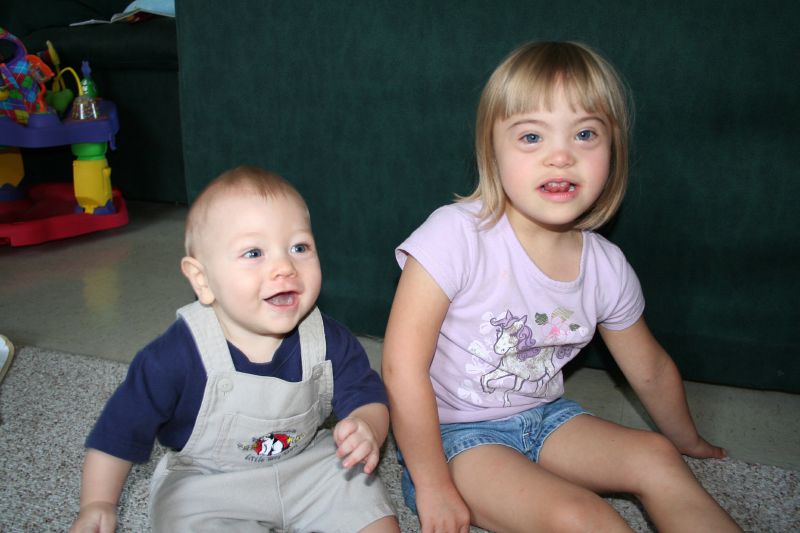


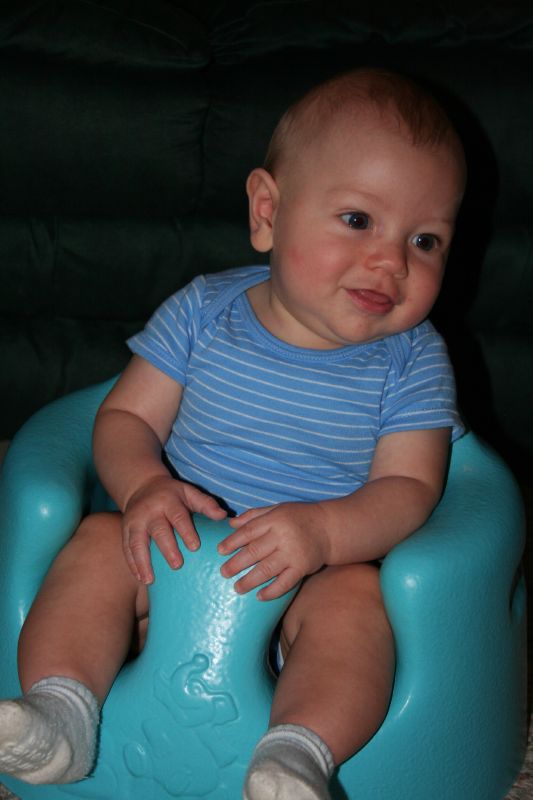


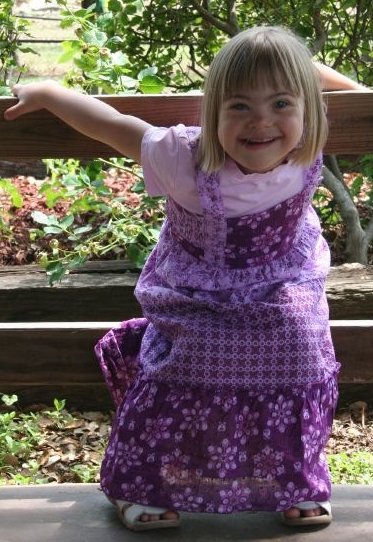

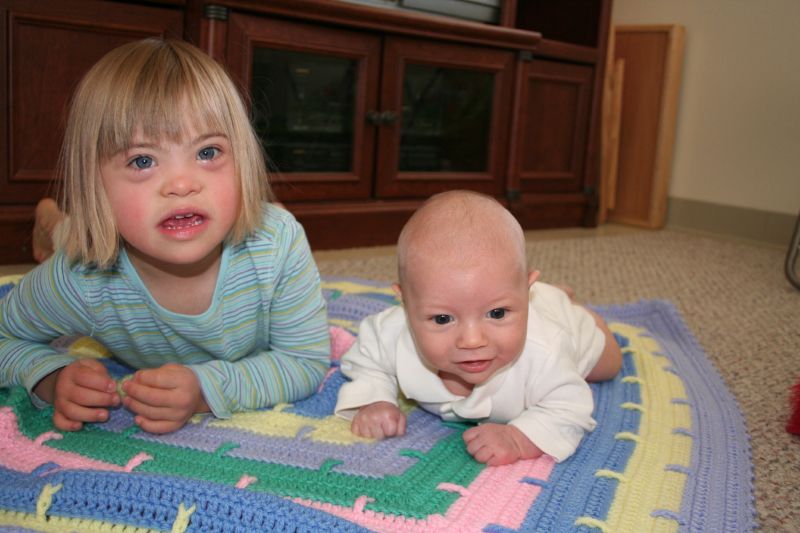

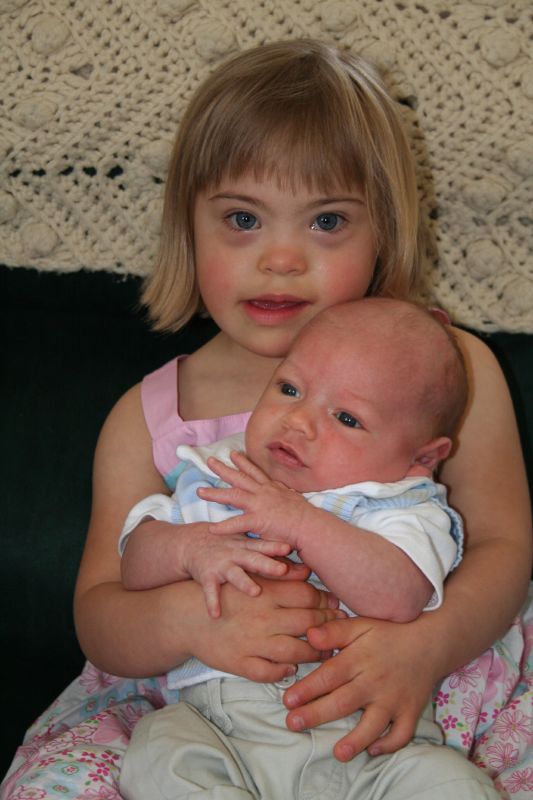

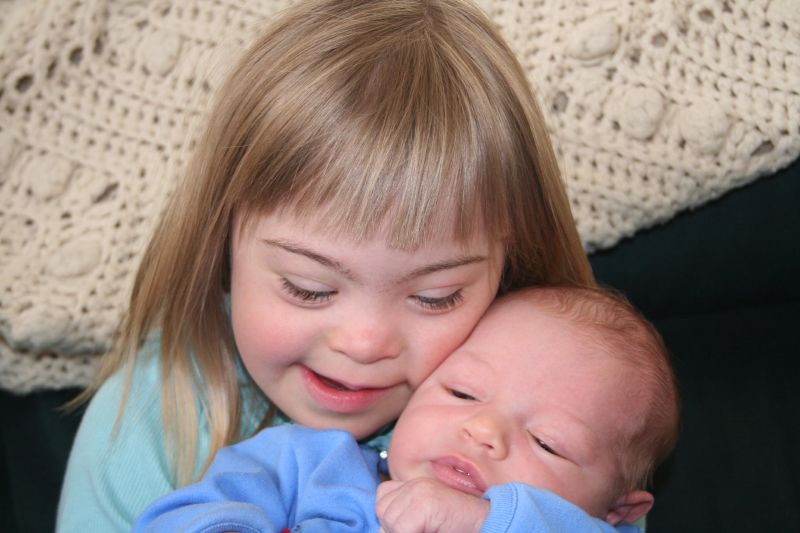
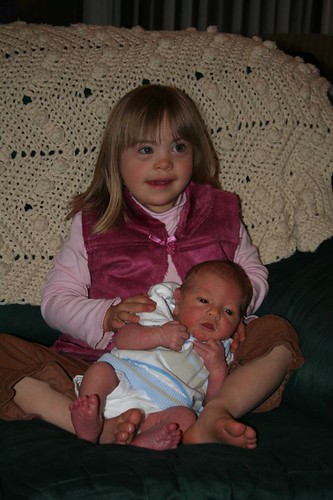
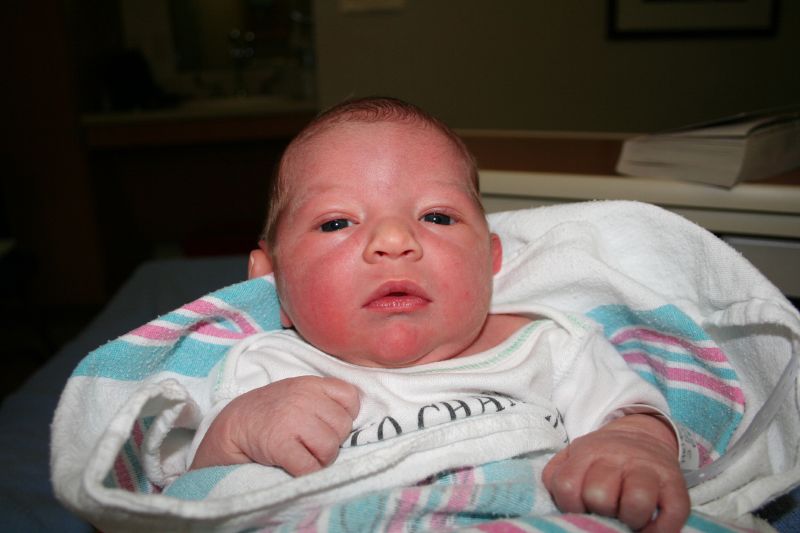
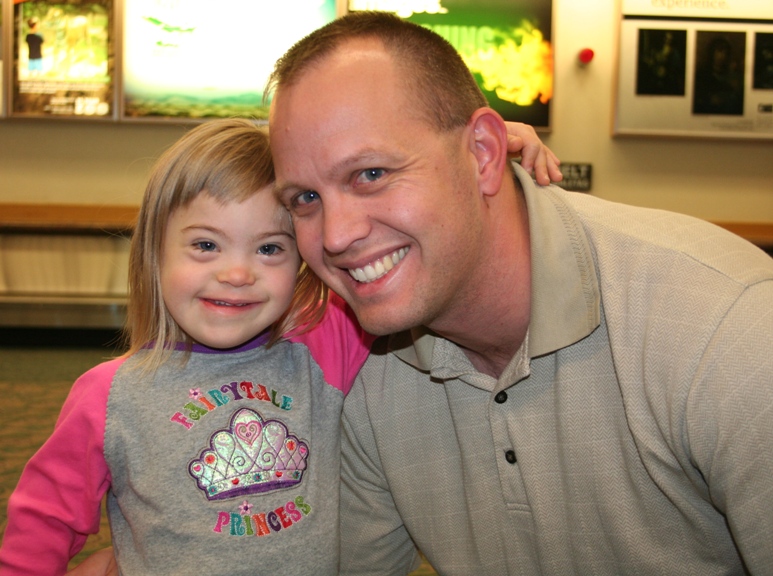

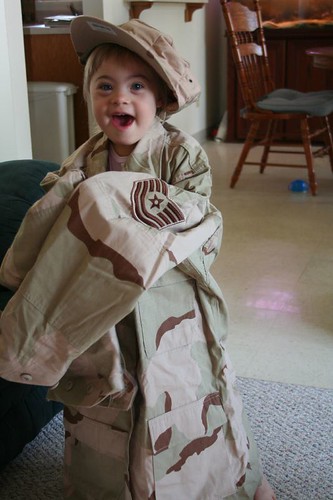



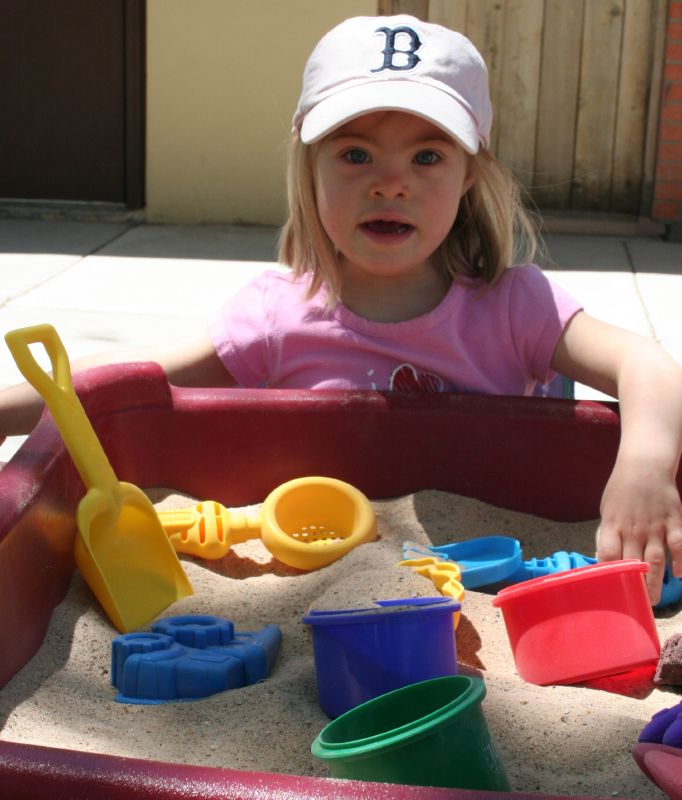







19 comments:
If Kayla needs to earn her way into general ed, then I shouldn't be in honors and AP classes because I need more time. I bet she feels alienated and ashamed of being segregated. I would be. This is so unfair! It would be like the ISA (International Student Association) at my school confined to one classroom and having to learn English to earn regular classes.
I'm the first to admit, I'm new at this and have a lot to learn. My daughter is only three and we transitioned into the public school district this year. But, because I've learned a lot from you and your experiences with Kayla, I went in more prepared than I might have been. I think you have to go with your gut. Kayla deserves to prove herself capable of being in the regular classroom. It has been successful for her so far. There's really no reason it shouldn't continue to be successful. What I've learned from you is "begin as you mean to go". Middle school shouldn't be any different.
That really sucks. Now I understand why Thomas' OT and ST both said that no matter what, never, ever let the school place him in the special needs class (this was when we knew he had Sensory Processing Disorder and was having him further tested to see if he were on the autism spectrum; he's not). I don't remember much of elementary through junior high, but I know in high school that I only saw the special needs kids in passing, maybe at lunch. I never really thought about that fact that they were pretty much confined to one room (and I am sure they were). :\ How will these kids learn life skills if they aren't allowed to be in an environment to learn them?!
oh Michelle. this just makes me want to kick something. We've managed to win some people over but I swear, the fighting just takes it out of me. I know you will figure it out but I really wish you didn't have to.
I JUST went through this "I'm tired of fighting thing" a few months ago, even considering pulling her or a part-time private situation with supplements at home...and then as a last resort, I sought out an advocate, and in a matter of a few meetings with her and 5.5 hours of IEP meetings (on two days) with 3 advocates in tow, due to supervisor interest and shadowing by a newbie, we managed to pleasantly get placement I never thought was possible. And the weird thing is that the people I thought would NOT be for it weren't against it, just hadn't considered it. It's a state of mind, I'm finding. They do what they've done.
I get the weariness, and I expect it'll be something that shows up periodically at my house, but let me say I'm blown away at how this process went and hopeful that it's the beginning (literally the first such placement in our school and possibly our district of 6 elementary schools) of a new chapter of inclusion.
It's not middle school, though. But I just feel like it makes no difference. Kayla's progressing, so the onward and upward--not backward--should continue.
What are you thinking of as options?
It seems the schools just put all kids with special needs into the same room, year after year. I wish they had the resources to stop and look at each child, really SEE them, and place them individually. Case by case. I hope things work out for you both!
Please don't give up! Middle school and high school are so important to make sure she gets what she needs. In SC, max resource is 3 periods. (Very few schools will do 3.) These are done during the special area times. These are support for the core classes that are taken in the regular ed class. Since there aren't 3 special area classes, if she has 3 resource periods, one core class would have to be taught in the resource class, usually her weakest one.
Another option is to be in the self-contained class, but be mainstreamed into regular science and social studies from DAY ONE. It is hard to start during the year because she has missed instruction, and the rest of the class has been together without her. The teachers will push to remove her from these classes if her grades drop because it affects them and the school. If you goals are for socialization and exposure to the instruction, stand your ground.
You might can strongly request for her to have a locker. The fine motor skills and memorization skills are well worth it.
You are doing a wonderful job advocating for Kayla!
over 25 years ago I included my daughter, who has down syndrome...I thought I was a pioneer, not always the best circumstances, and some accommodations were made and she was quite successful...high school was a little rough but we got though it, junior high was the best because they had a pilot inclusion program going...she did graduate from high school with a diploma, and attended community college taking mostly fine art and voice classes...I consider her successful...She is a member of the SAG-AFTRA union...and has had many jobs...she still studies acting continuing to hone her craft...which she loves...I she hadn't been included i don't know where she would be now....ugg....It would have been easy to give up...but I like a challenge so I didn't give up...that was 25 years ago...and after reading this story nothings changed???? so sad. Breathing should be the only qualification for inclusion....
I'm sorry they aren't giving her a chance and making her "earn" her way. It just doesn't seem right. I know you got this and will make sure she is getting the best and exactly what she deserves. I know it's not an easy road. God bless you both!
Michelle, Kathy (Julia's mom) here. I have been having a rough time with Julia's IEP lately (they want to put her right back into a segregated preschool intervention class), Alison's been having a tough time with Maybelle...I think we all need to come together and fight this. Individually there is not much we can do, but together maybe we can change some minds. We need to all have a meal and start strategizing. And Anna, that is a really perceptive comment. Thank you!
I am so sorry you feel so discouraged!! Our son, Joshua, will also be entering Middle School next year. (6th grade this year) I agree with everything you've written about education, segregation, and supporting our kids. Sounds like your daughter is doing really well and has had a positive educational experience so far. Yay her! Yay you!
I, too, feel this huge gap and disconnect as he moves to the next level. How will he be treated? What are the adults' attitudes? Etc etc etc. While the school has accepted his current IEP and placement, I have huge doubts about whether/how they will support him in all those Gen Ed classes. Yikes!
How about this? Can we do it together? You and me and some other families? The road would be easier if we were holding hands.
--Amy P in Tucson
That's crazy considering her current placement. Plus no lockers? In my high and my former middle school, the special ed students had lockers, even if they were self contained all day. Some of the lockers were kept unlocked for easier access but still they are there, right outside the room but there.
UGH I so get the tired of fighting....but you will advocate because that is what you do. You are so informed they won't know what hit them.
I cannot believe that Kayla's current gen ed teachers are recommending this new program. Why does she have to "earn" her way into the gen ed...I am completely with you that this is not only unfair it is freaking illegal!
So my daughter has a moderate cognitive disability. We went out of our way to choose a school with a Life Skills program after she had an amazing experience at a special school during our 2 1/2 years in Ireland. Her group is in a contained classroom, but does some inclusion with another class, etc. For us, this was the right choice.
She's going into middle school next year as well, and yes, the transition is a bit ack!
BUT -
When we toured the school, it was a private tour for those in the Life Skills program. We were shown the classrooms, where peer tutoring was happening. Then we went to a science class, a computer class, the art classroom, the gym, and the band room - because our kids have the options of taking all of these if we the parent deem fit. The teachers or principal giving the tour would explain to us how each class could be adapted to fit our child's individual needs, and like how in band, if the child is too anxious to perform, that's alright...but if they wanted to perform, then of course they would perform with the band, b/c they were part of it.
(It also helps that my older daughter is an 8th grader there and a peer tutor so has given me the inside scoop on the program, and gives it her stamp of approval, lol!)
That you didn't get to see any of the school is ridiculous. That your student isn't included in the rest of the school is ridiculous.
And I read your next blog post (following a link from Love That Max) and while cooking has been a part of my daughter's curriculum for four years now, and has taught her valuable "Dont' touch the stove" lessons (and it was also used to help expand palates)...NEVER in either life skills program did they ever do laundry. Definitely not for other students. Ugh.
You're totally right in feeling like this program isn't quite right. Because it's not. I've been lucky enough to have seen two very good ones (after a frustrating inclusion experience) - yours needs improvements.
It gets more restrictive in high school. The top students are usually put in honors tracks, AP courses, etc. Those who are college prep but not at honors level, go into that track. Then you have those kids who did not meet the academic bar for college prep courses but were within a certain margin for placement. They get put into a mixed track . Below that you have in NY the Regents track which is what needs to be achieved to get a high school diploma. The minimum. Below that are kids who might get special accommodation for a diploma. If a student does not meet the criteria to get into those groups the courses are all special ed and they are not getting a high school diploma but a certificate of attendence. A student getting a high school diploma has to perform at a certain measurable level to get one. My friend is devastated that her daughter did not qualify. They did get an attorney and looked into sueing, for recourse, but it isn't happening. They will be enrolling their child in a school out of state online to get a high school diploma. The young woman apparently can meet some states' standards but not others, and not NY's. But that diploma can mean a big difference in terms of some job placements for her.
But most special education kids will end up in a voc ed program where they will be doing wash, cleaning, food service or whatever other experience they can get to have a chance at a job when they get out of highschool. If they show they can do some of these jobs to a level of satisfaction, they can get work. IF the accommodations for them to hold a job are too great, they will not find ANY paying job other than make work if there isn't someone who takes exception and accommodates. So the bar will be raised even higher in high school.
Unfortunately, middle school is often a nasty place to be in terms of socializing and inclusion. The schools still have not gotten it right as bullying and taunting is rife in those years. The best solution to this is to keep the school K-8 and put the kids directly into high school. Things do change in high school this way, usually, but partly because high school becomes even more highly compartmentalized. If you possibly can, look for a private school that is in a k-8 formation, that will take children that need accommodation, then go back to the public high school if the programs there are palatable. I know a number of folks who have done this. Many with "normal" children do this due to the tough social issues in the middle school that smooth out in high school.
Another problem is that the middle school academic program takes a sharp rise up in terms of cognitive skills. Multi level thinking is required and the things to be covered to meet the goals at each level are very specific. The class sizes are often larger, and it's a challenge to cover the curriculum to the majority of the class even when they are all on the same wavelength. Those kids who need extra would be a drag on the rest of the class without an aid being right alongside, which is something some schools do offer. But at this level, the criterion for having that resource is if the student can achieve the level of education with that aide, not just getting the material at a level digestible for the student, which is often the standard in elementary school.
If a child shows the ability to go beyond the classroom standard, to a level that indicates a move to the next level up, the idea is that such a child is moved up. Rarely happens unless the child was incorrectly placed from the onset because the focus of the class is to meet that thresh hold and it's usually a challenge for those kids to do so in the lower ends of the academic specturm, much less achieve to the point of moving up. IT's easier for honors to move up to AP, prep to move up with honors, but even then this is often achieved through outside tutoring and work, not just what the class is teaching the kids. Few kids move up just by the virtue of sitting in the classroom. THere is usually a parent behind the move ups, working with the student or getting the student extra out of school help.
First, let me apologize for commenting out of order. I am reading your posts backwards. :) Please don't let the current "mood" of the school team dictate your placement. My son's high school team scoffed at the idea of him attending his home school. Fast forward a year: We forced the issue and they have adapted brilliantly. Our last meeting was for his sophomore placement and they were telling us everything they were putting in place for him...on their own. What a difference a year makes! Please don't hesitate to reach out to me. Good luck!
First, let me apologize for commenting out of order. I am reading your posts backwards. :) Please don't let the current "mood" of the school team dictate your placement. My son's high school team scoffed at the idea of him attending his home school. Fast forward a year: We forced the issue and they have adapted brilliantly. Our last meeting was for his sophomore placement and they were telling us everything they were putting in place for him...on their own. What a difference a year makes! Please don't hesitate to reach out to me. Good luck!
I'll go ahead and put on my protective gear, since I'm sure I'll get reamed for having a differing opinion... but I was a student with obvious differences. Mine were not academic- in fact, I excelled academically. But gen ed was HARD. The kids were merciless. If I hadn't had a complex about being different before, I would have (and most certainly do, to this day) after that. Going to my locker, going to the bathroom and getting to my next class on time was impossible, but expected. I got 3 hours a week in a special class. I lived for those 3 hours of peace... of having a teacher that understood my strengths, that had the time to spend with me as an individual. My life and reality would be a lot sweeter now if I had gotten to spend my time in a smaller, individually customized classroom.
Post a Comment